STAFF
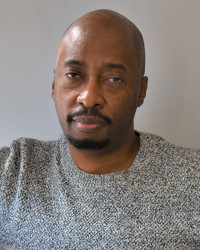
Dr. Vuyo Mavumengwana
Head of VuyoLab
vuyom@sun.ac.za
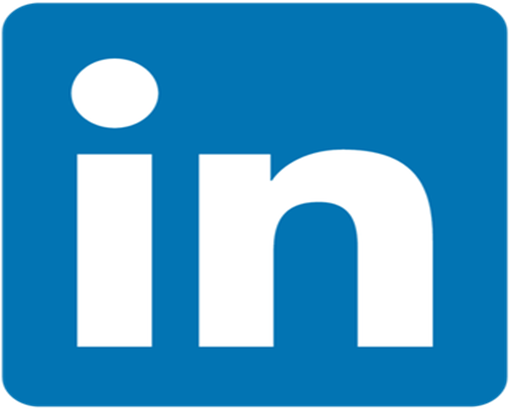



Dr. Vuyo Mavumengwana is a senior specialist scientist of the SA Medical Research Council. He obtained his PhD from the University of Cape Town, Division of Chemical Pathology. The driving force behind my research is understanding the fundamental biochemical principles involved in mycobacterial stress response (in the form of secondary metabolites) to bioactive agents, as well as their impact on host cells and other vital organs. By utilising (a) marine sponges and ascidians as sources of novel bioactive agents, (b) preparation of magnetic ion nanoparticles and (c) applying photochemical transformation processes to derive even more novel intricate chemical scaffolds, we aim to probe how mycobacterial biochemical pathways adapt to exogenous bioactive agents with a view to identify innovative therapeutic prospects and disease management strategies. Our approach is complemented by comprehensive cheminformatics approaches.
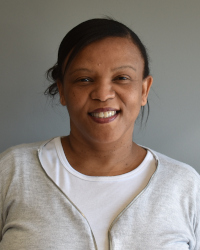 Dr. Lucinda Baatjies
Dr. Lucinda Baatjies
Scientist
lbaatjies@sun.ac.za


Dr. Lucinda Baatjies is a senior scientist of the SA Medical Research Council. She obtained her Ph.D. from Stellenbosch University, Faculty of Medicine and Health Sciences. My research revolves around immunobiochemistry and explores the use of bioactive constituents from selected fynbos and their respective calluses in studying the immuno-mycobiochemistry of infected-host cells. Cell culture models are heavily relied upon to understand the dynamics of the pure bioactive agents leading to therapy.
POSTDOCTORAL RESEARCHERS
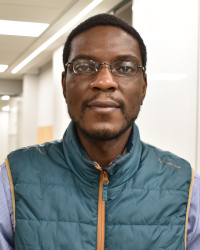 Dr. Kudzanai Tapfuma
Dr. Kudzanai Tapfuma
Postdoctoral Researcher
kudzanait@sun.ac.za




I am interested in the synthesis and synergistic properties of bimetallic magnetic ion and boron nanoparticles to unravel novel biochemical responses of mycobacteria that may lead to unique therapeutic agents and ultimately contribute to the field of mycobacterial nanodrugs. The primary goal of my research is to understand and describe the ligand and surface chemistry of magnetic ion nanoparticles as a function of bioactivity. Several bioactive agents from the group are used to functionalise the nanoparticles
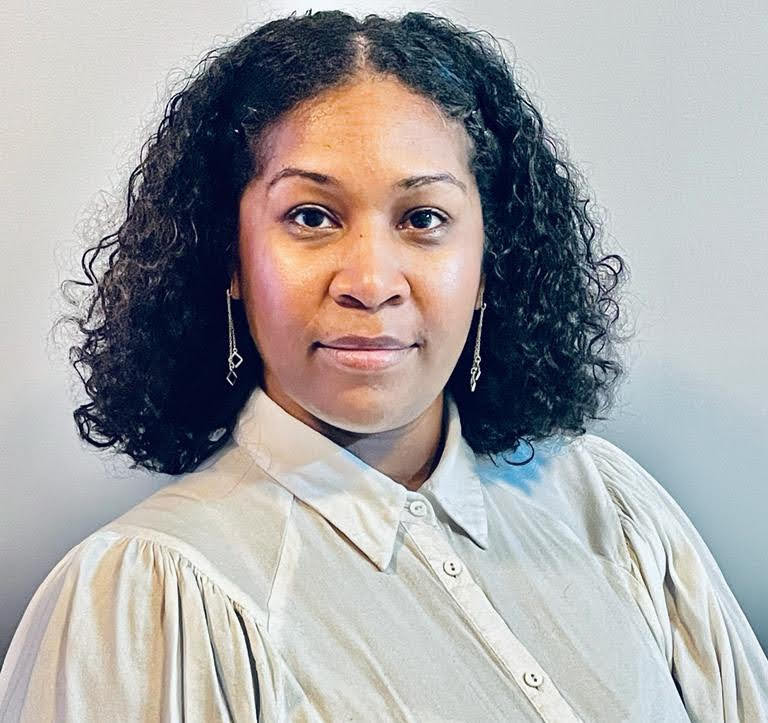 Dr. Lauren Julius
Dr. Lauren Julius
Postdoctoral Researcher




I am interested in the repurposing of drugs including their liposome encapsulated counterparts against Mycobacterium tuberculosis H37Rv and some clinical strains.
STUDENTS
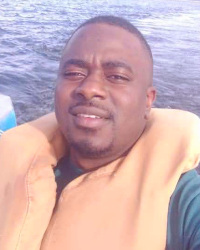 Mr. Kudakwashe Nyambo
Mr. Kudakwashe Nyambo
Doctoral candidate
nyambok@sun.ac.za

My project involves isolation, purification, characterization, and evaluating the antimycobacterial efficacy of small molecules extracted from bacteria isolated from South African gold mine tailings. In addition, the research involves creating a machine learning (QSAR) model for screening small molecules against selected Mycobacterium tuberculosis essential protein targets. The compounds filtered by the machine learning model are virtually screened (via molecular docking and molecular dynamics simulations) against essential protein targets of Mycobacterium tuberculosis.
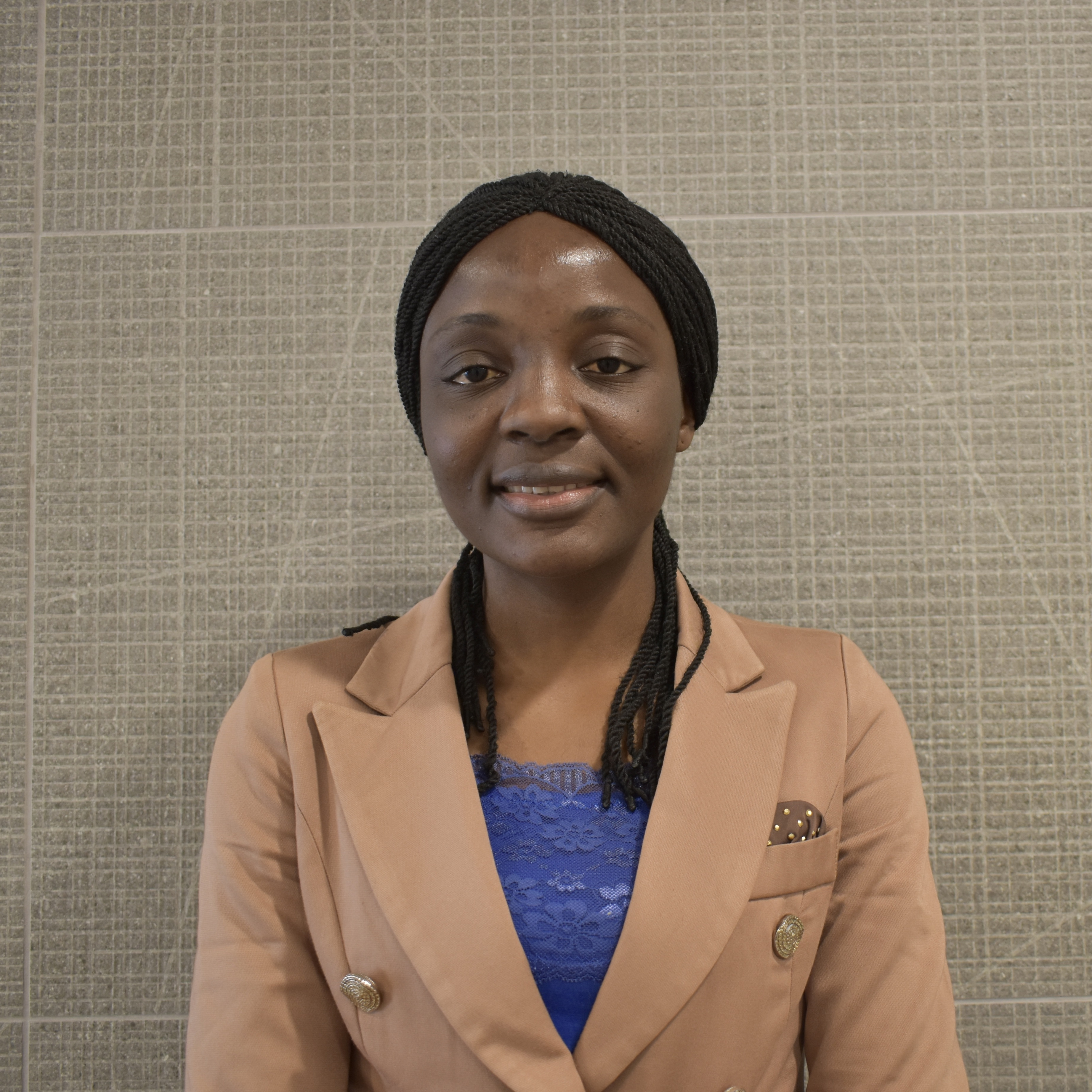 Ms. Motunrayo Badejo
Ms. Motunrayo Badejo
Doctoral candidate
motunrayobadejo@sun.ac.za




My interests are in the exploration of marine sponges for the sole purpose of discovering potential antimycobacterial active agents and to utilise these to probe the biochemistry of mycobacteria and their infected host cells.
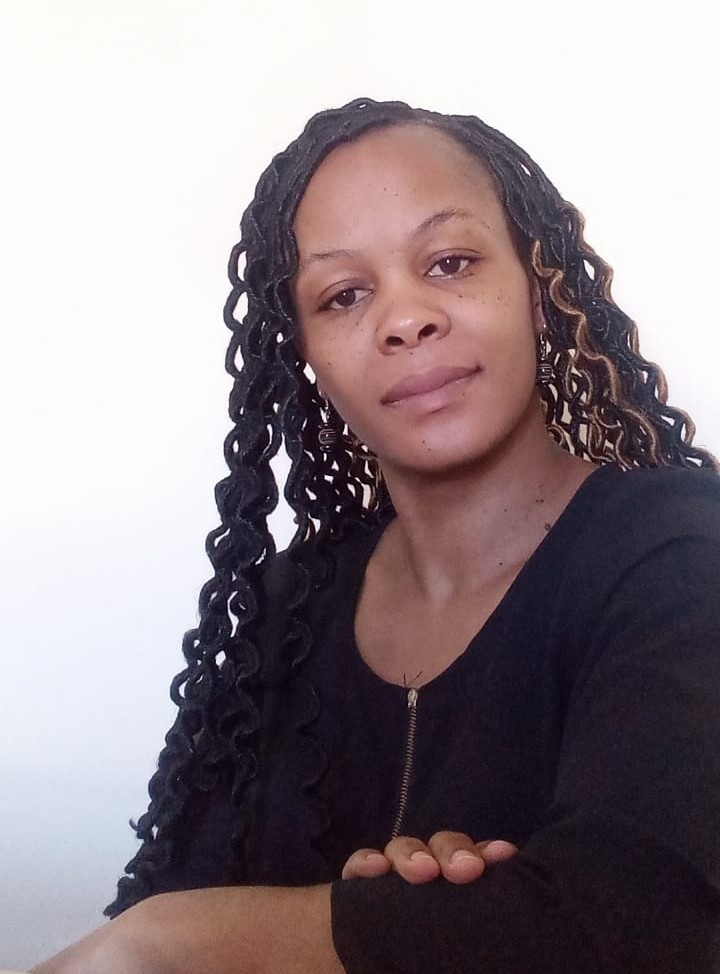 Ms. Hleziphi Mpundu
Ms. Hleziphi Mpundu
Masters candidate
hleziphim@sun.ac.za


The focus of the research is in the description of biochemical processes arising in the mycobacterial infected host cells as a result of treatment with a range of cyclic sulfones, sesquiterpene lactones, sultams and cyclic sulfoxides.
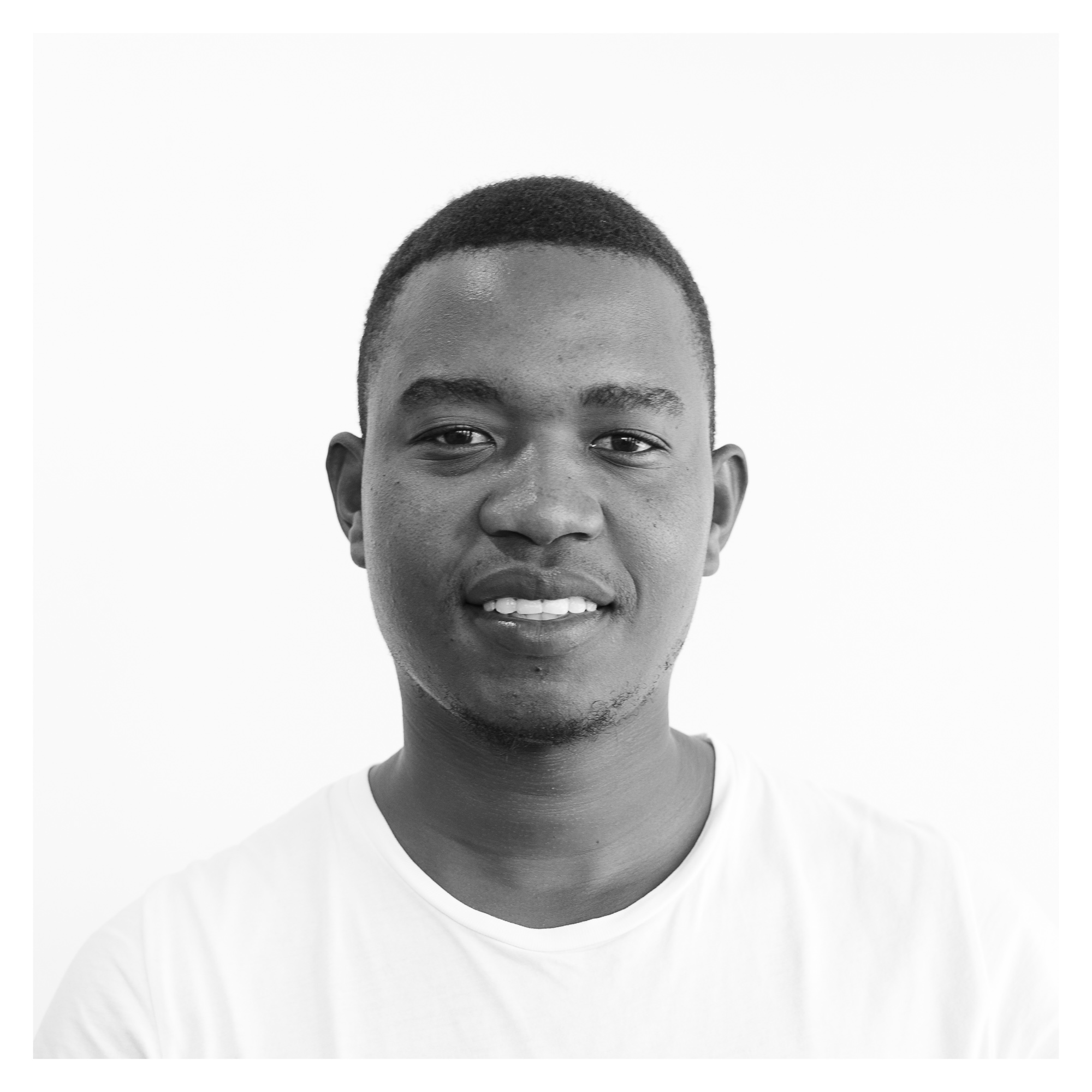 Mr. Funanani Thagulisi
Mr. Funanani Thagulisi
Masters candidate
fthagulisi@sun.ac.za


My project deals with the identification of bioactive agents from marine sponge bacterial symbionts capable of rescuing host cells treated with mycobacterial secondary metabolites.
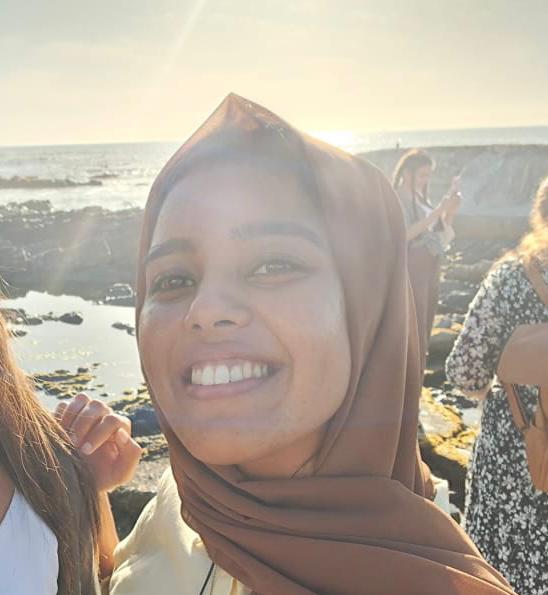 Ms. Ameera Abrahams
Ms. Ameera Abrahams
Masters candidate
ameerah@sun.ac.za
The project aims to describe the impact of secondary metabolites from Mycobacterium tuberculosis H37Rv and other environmental bacteria on the function of hepatocytes, H9c2 cardiomyoblasts and Vero cells.
 Ms. Erin McMaster
Ms. Erin McMaster
Masters candidate
emcmaster@sun.ac.za

Synthesis and study of new (diphenylphosphino)ferrocene-aminoethyl-sulfonamide derivatives as antimycobacterial agents and application in M. tuberculosis-infected host cells.
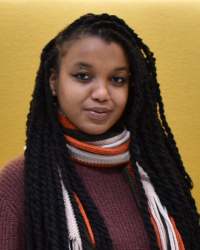 Ms. Candice Februarie
Ms. Candice Februarie
Masters candidate
februariec@sun.ac.za

The project explores TB-drug induced cardiotoxicity and the effect of Mycobacterium tuberculosis secondary metabolites on H9c2 cardiomyoblasts.
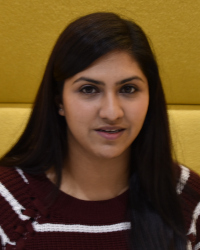 Ms. Raeesa Hussan
Ms. Raeesa Hussan
Doctoral candidate
rhussan@sun.ac.za

My research project entails the isolation, identification, and evaluation of antimicrobial compounds from endophytic fungi found within Fynbos species against mycobacterial models (M. smeg and M. tuberculosis H37Rv) and ThP-1 macrophage cells. In addition, the project includes the synthesis of magnetic dendrimer nanoparticles and its application as a bio-separation tool to further enhance the bioactivities of the antimicrobial compounds.
 Mr. Francis Adu-Amankwaah
Mr. Francis Adu-Amankwaah
Doctoral candidate
fa@sun.ac.za





Effect of selected fynbos phytochemicals as potential triple-negative breast cancer drug leads.
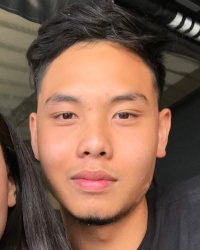 Mr. Daanyaal Lai
Mr. Daanyaal Lai
Masters candidate
daanyaallai@sun.ac.za

Fungi bioactive agents associated with lychens are characterized and assessed for feasibility as producers of antineoplastic agents with a more specific focus on glioblastoma .

